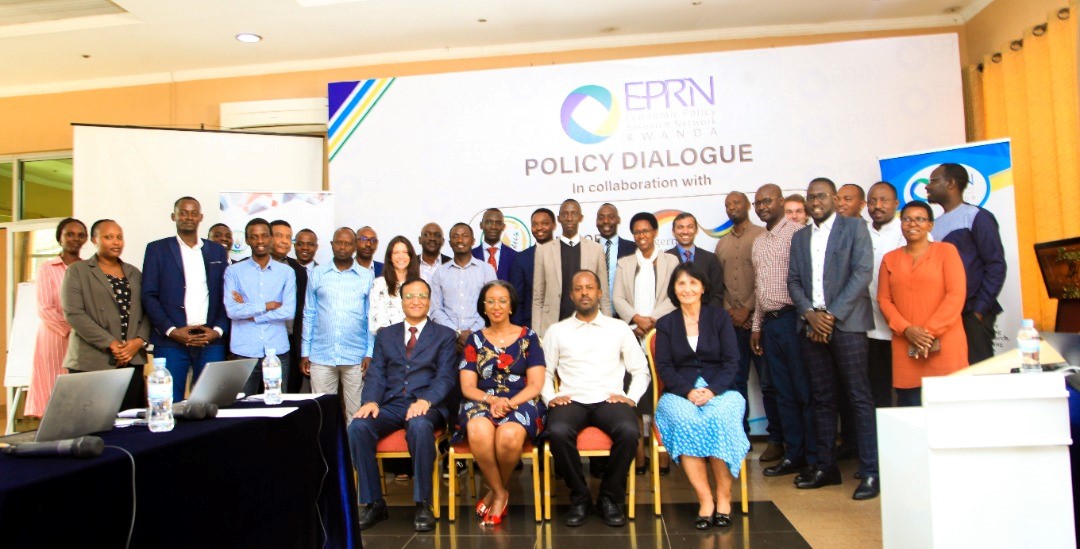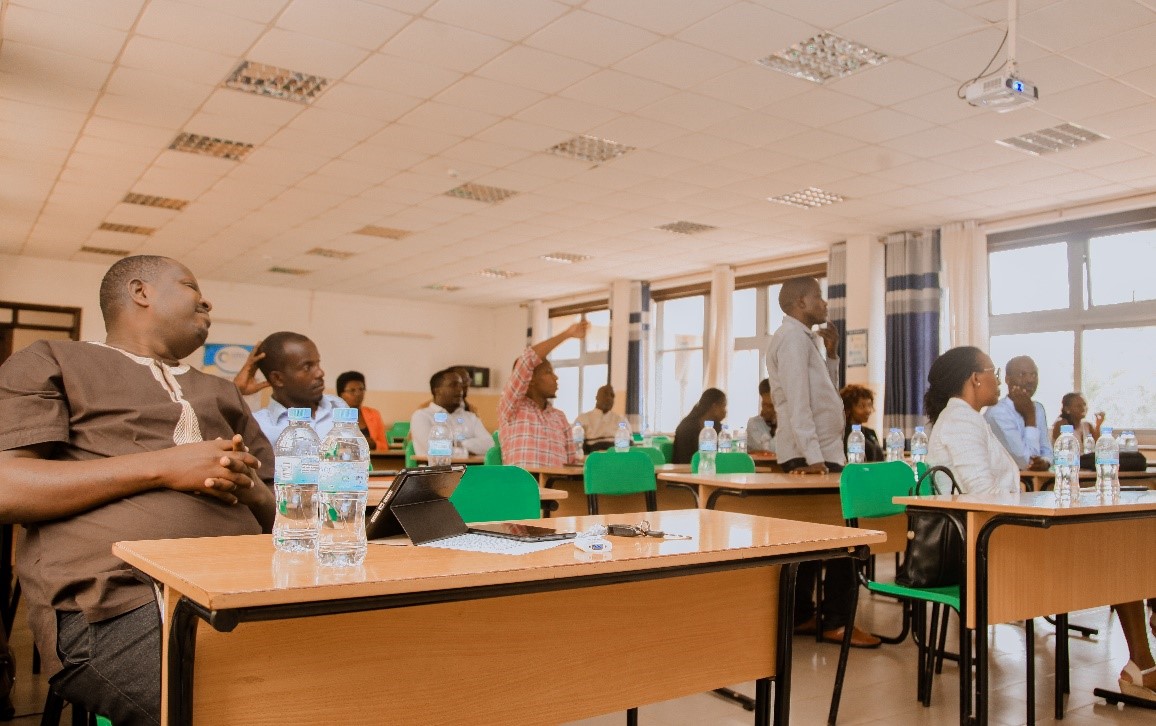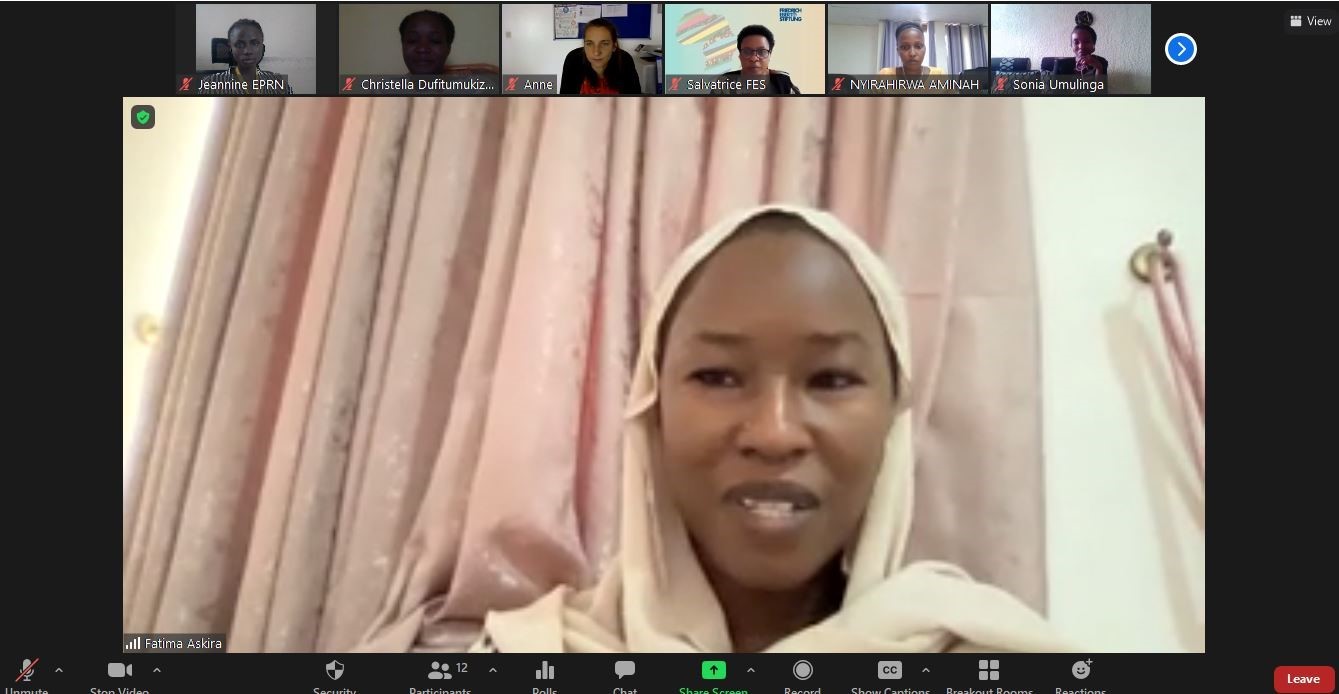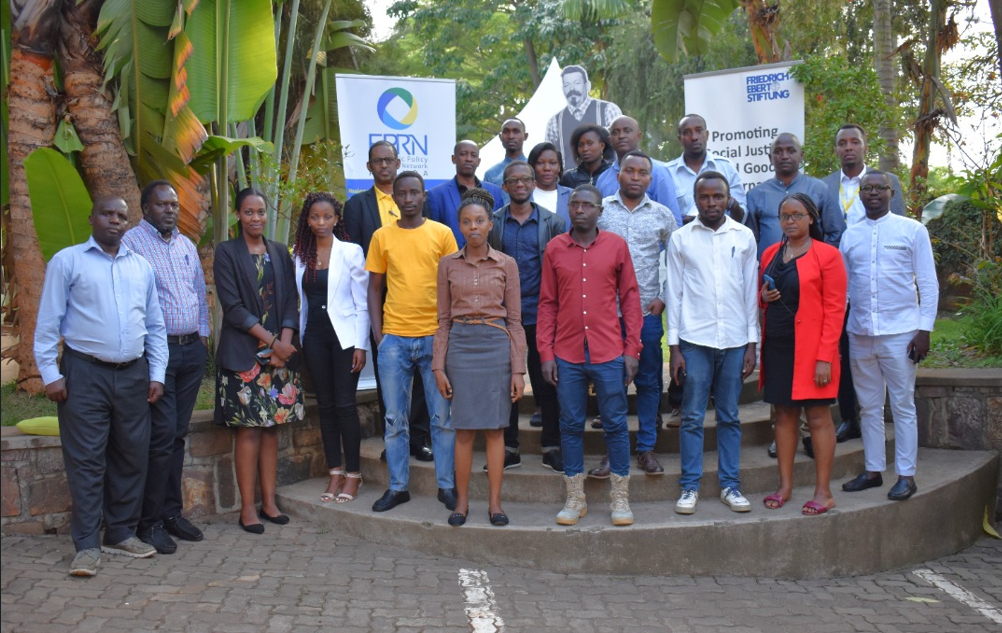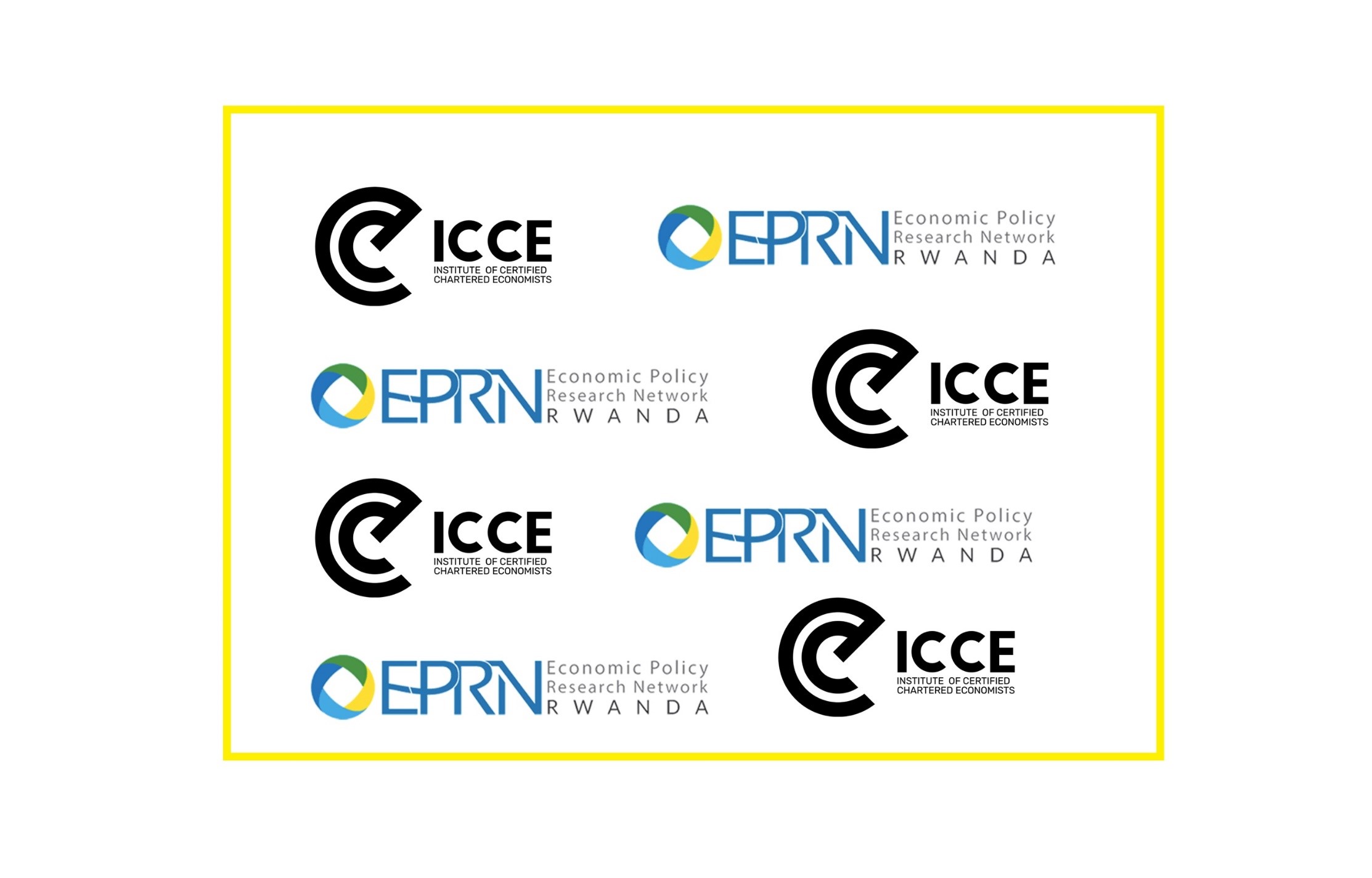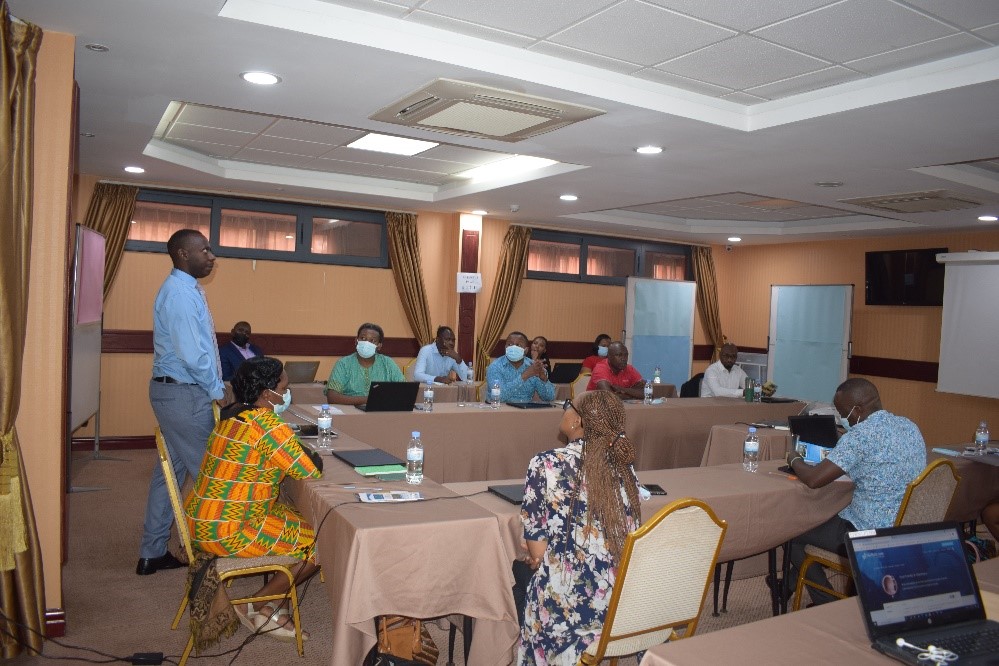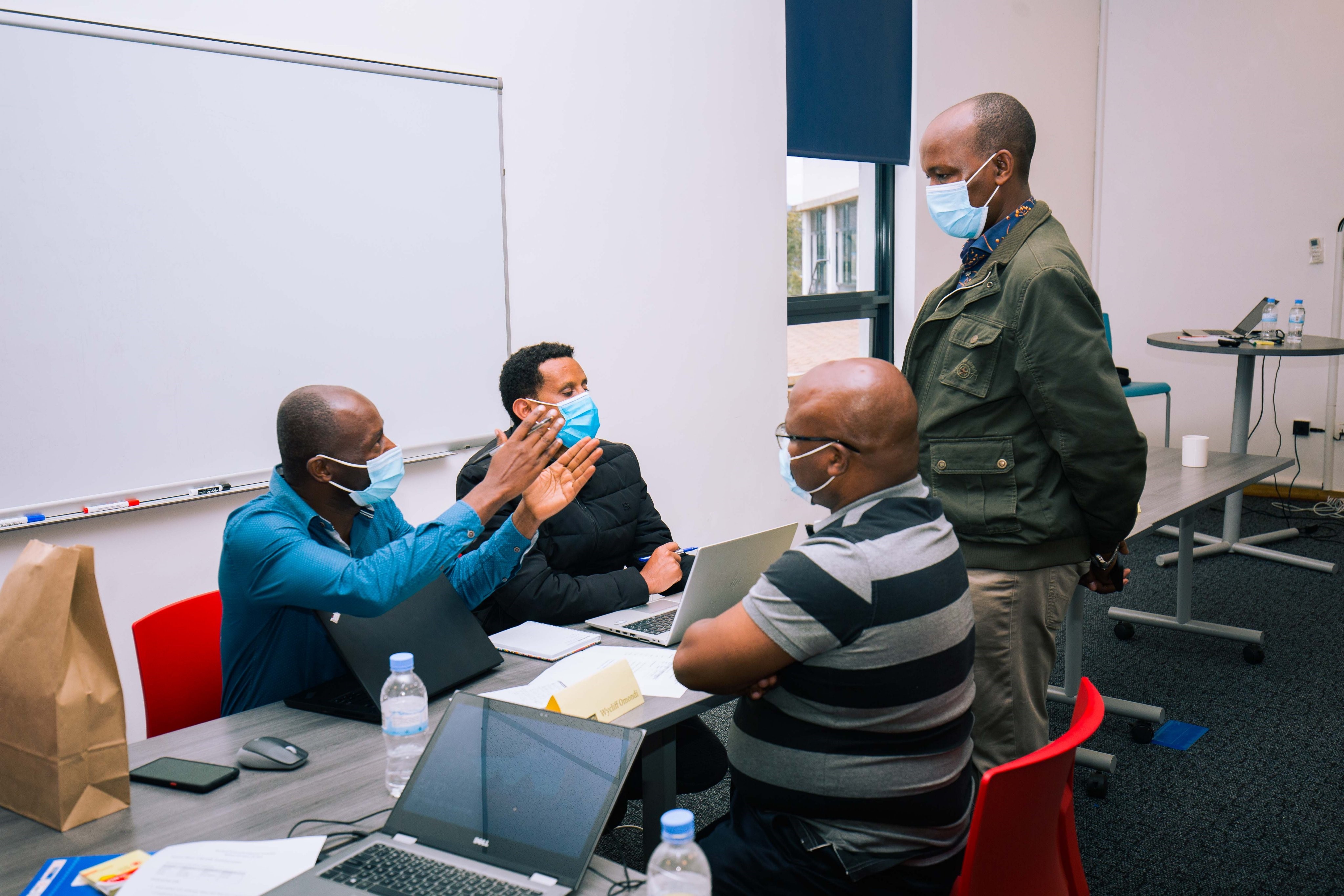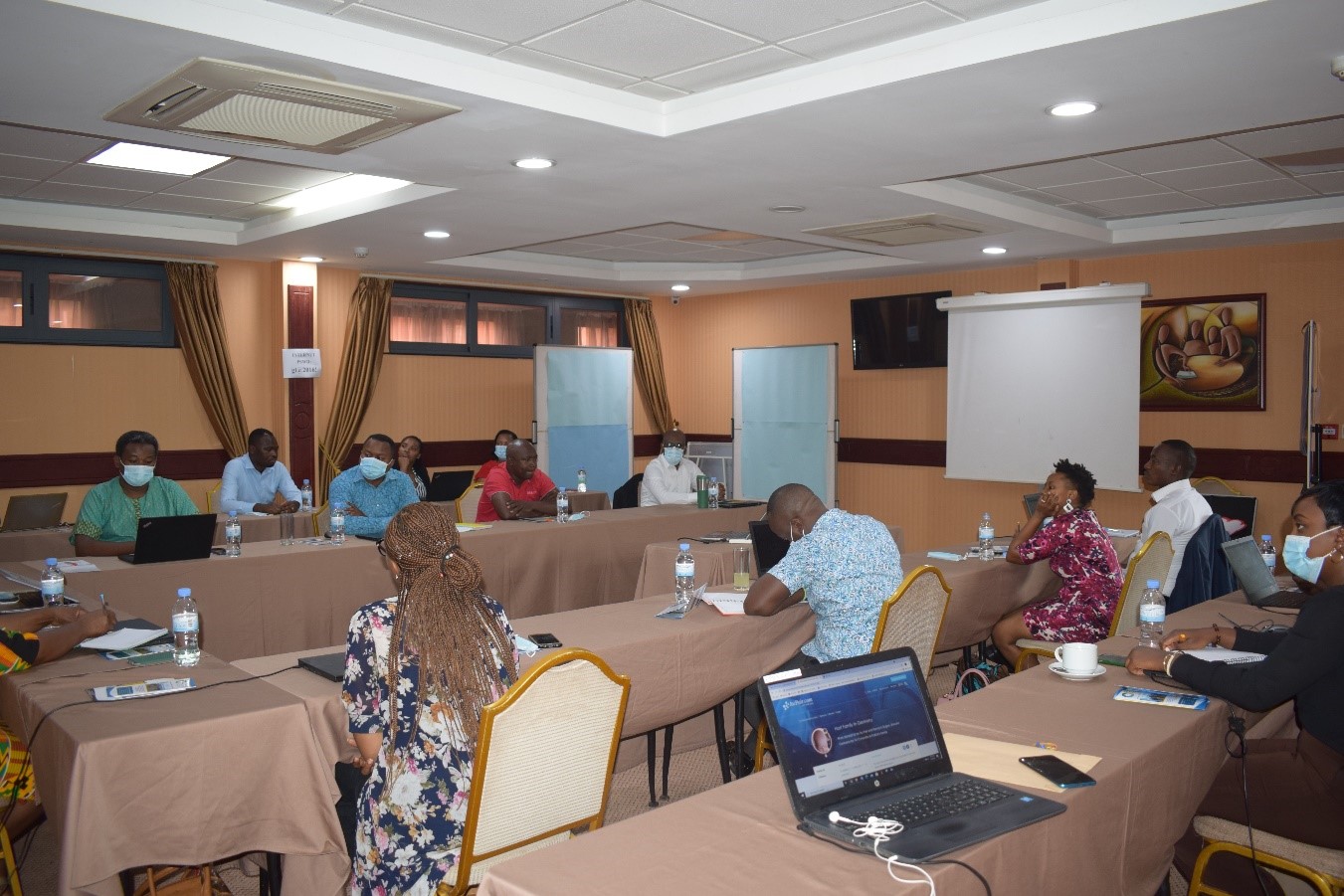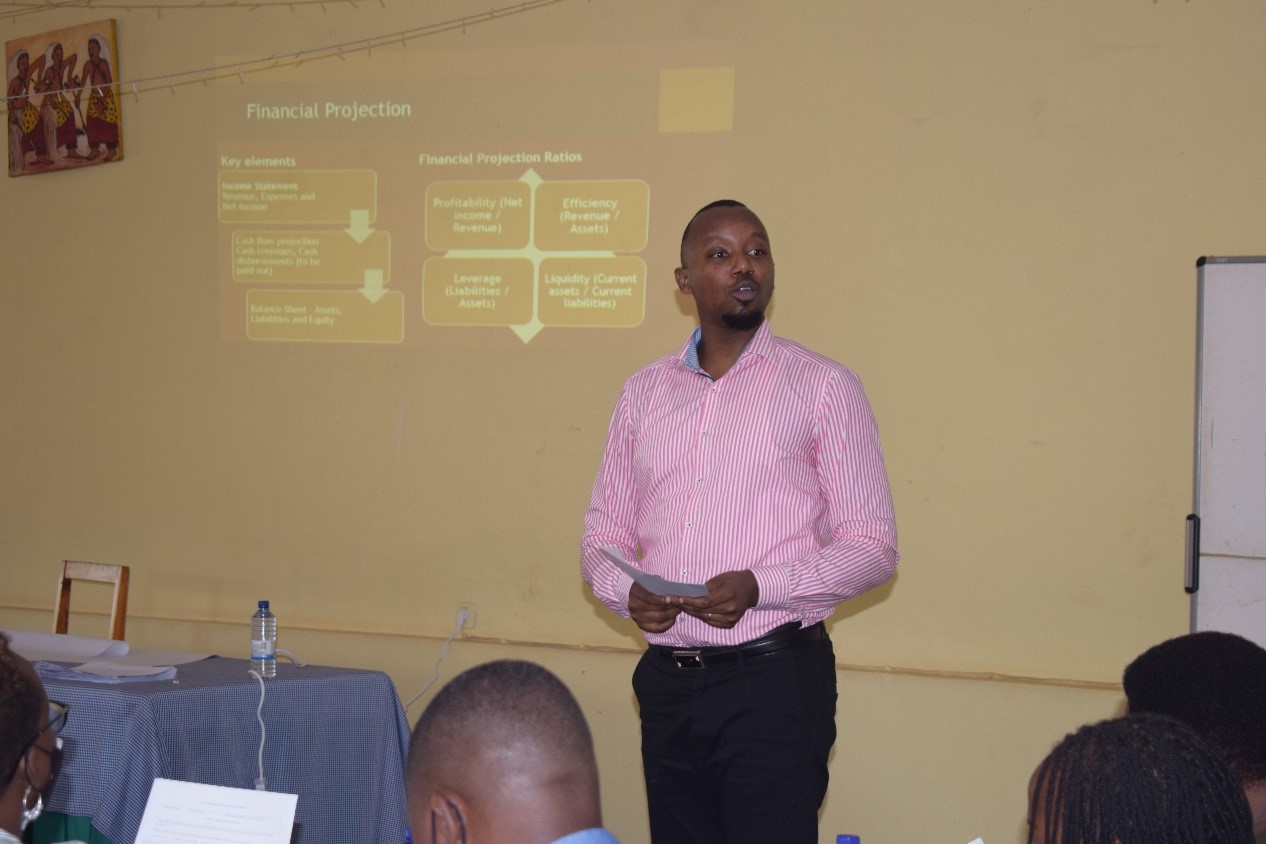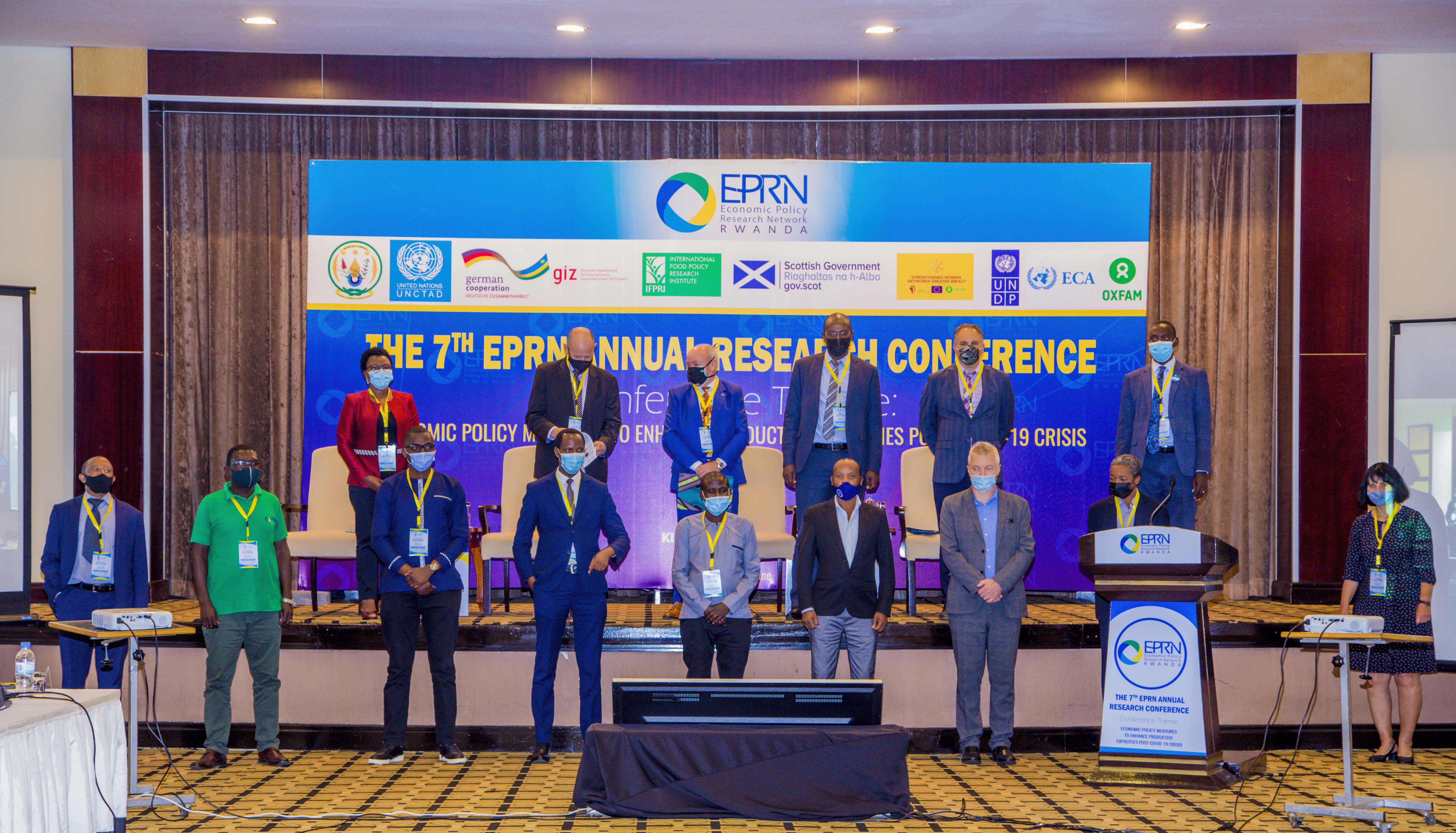Gender Analysis
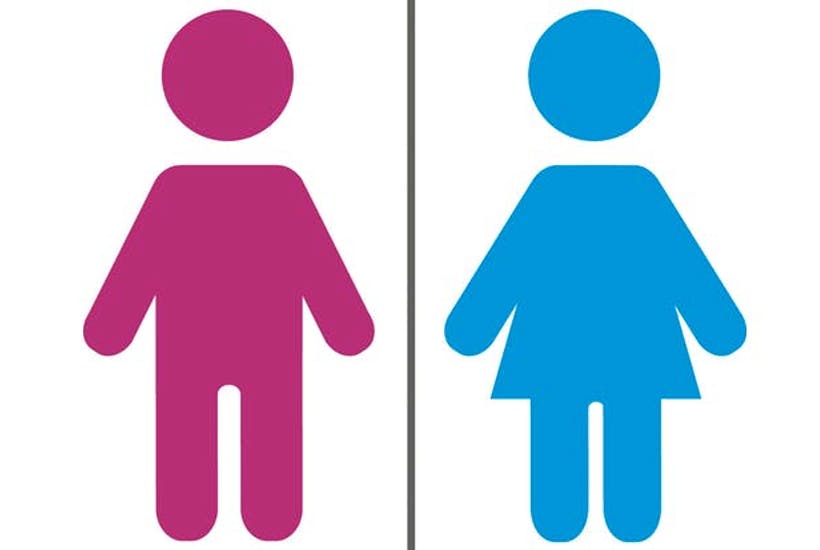
As national context, Rwanda puts gender machinery, policies, strategies and laws, in place to promote gender and fight against sexual and gender based violence. As the 6 first years of life are very crucial to shape physical, social, emotional, spiritual, moral, intellectual development, the Government of Rwanda endorsed the Rwandan Strategy for National Child Care Reform and reviewed its gender policy.
EPRN Rwanda in collaboration with SOS Children’s Villages undertook a gender analysis. SOS through support of Belgium development Cooperation, is developing a DGD program (2022-2027) on Early Childhood Development (ECD). The purpose of this study was to integrate in this program gender issues.
This study was commissioned to provide accurate information on which SOS will base to improve its DGD program. It aims at identifying gender gaps as well as study the differences in conditions, needs, constraints, opportunities, participation rates, access to resources and development, control over assets, decision-making power, etc., between women and men, of its proposed DGD program implemented in the Gasabo, Gicumbi, Kayonza, and Nyamagabe Districts. Two of the District were selected for the study implementation. These are Gicumbi and Nyamagabe.
EPRN applied different gender analysis frameworks to ask questions about the differences between men and women in a given population. These questions generally relate to the following aspects :
Roles and activities : Who (women, men, girls, boys) does what (productive or reproductive activities, paid or not) ? How long does it take ? Where ?
Resources and constraints : What resources do men and women have to work with ? Who uses, owns, and controls each of these resources ? Who is excluded from use / ownership / control ? What decisions do men and women make in the household ? in the community ?
Benefits and Incentives : Who controls productive and reproductive activity ? Who benefits from the economic activity ? Who receives income ? Who controls the income ? What about non-income benefits ? Do men and women have incentives to participate in these activities ?
Practical and Strategic Needs : Practical needs are the needs that women identify in their socially accepted roles in society. The practical needs do not call into question the role of women and men, although they arise from the gender division of labor and the position of subordination in society. They are a response to the immediate perception of need, identified in a specific context. They are practical in nature and often-inadequate living conditions, such as water supply, nutrition, health care, and employment. Strategic gender needs, on the contrary, are the needs women identify because of their subordinate position in society. They vary according to particular contexts, relating to the gender division of labor, power and control, and may include issues such as legal rights, domestic violence, equal pay, and control over women on their body. Responding to strategic needs helps women achieve greater equality and shift existing roles, which challenge unequal gender relations in society.
This gender analysis took into account different levels of analysis (Macro, Meso, and Micro).
Doc 1




